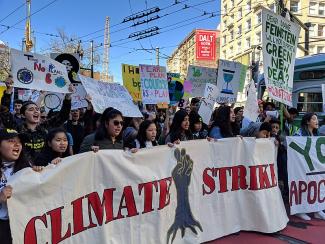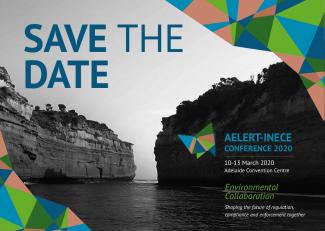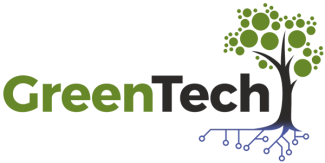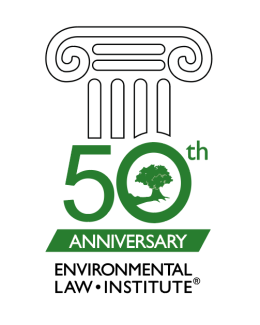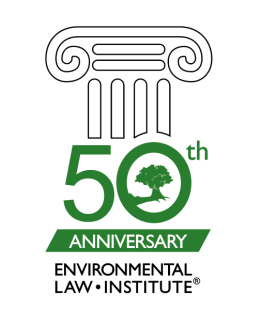A Group Launches a Law Movement
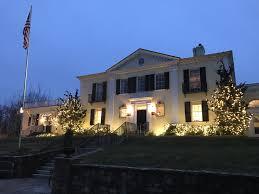
The New York Times reported on a conference of prominent lawyers to address the following question, “Do people have a constitutional right to freedom from air pollution and other environmental hazards and annoyances?”
What was an “unusual meeting” in the Times’s phrasing was held not last month but a half century ago at a rural conference center known as Airlie House just outside Warrenton, Virginia. The venerability of that clipping can be seen by the newspaper’s citing “the new field of ‘environmental law.’”
